This is a brief expansion of an essay that I wrote for "We are Teachers". See the link below for the original article.
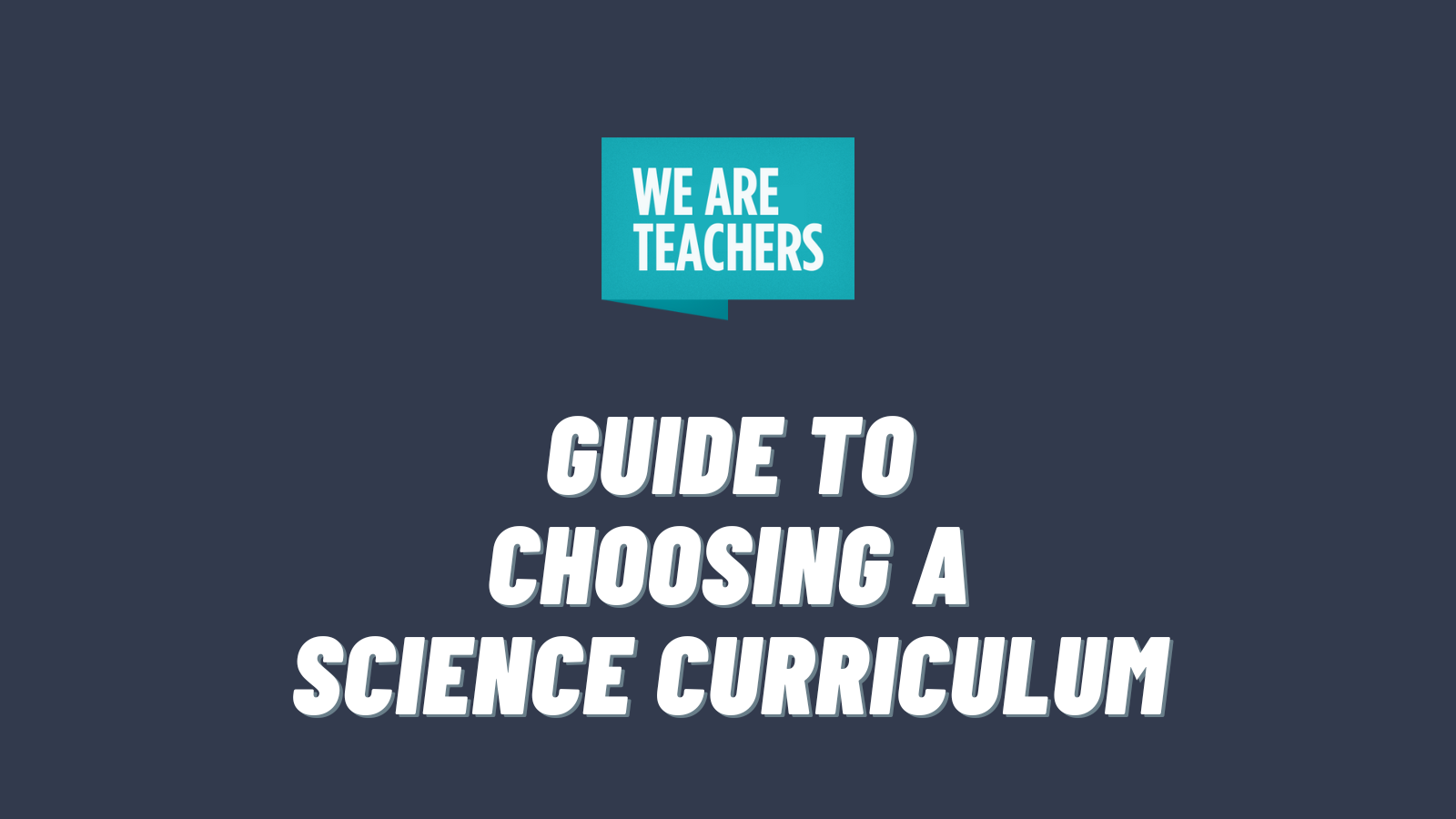
When I meet students who tell me that they don't care for science I see someone who has had nothing but science by accounting instead of science by observation.
Science by accounting is how I define science classes that attempt to explain things in terms of numeric details; where is the electron now? What is the gene sequence and what gene sequence translates into what specific amino acid? How many seconds will it take for the bowling ball to fall from the second story to the ground? What is the percentage yield of the chemical reaction?
These questions are important... when someone is working in the particular field. But when you are 15 these abstract concepts are worse than meaningless; they are demoralizing.
Because these kinds of scientific questions are abstract and not based upon anything that the student can independently verify they are forced to take our word for it that these phenomena are taking place.
In contrast, science by means of direct observation does not require the student to take my word for what is happening. They can see it for themselves. They can see the hydrochloric acid dissolve the aluminum oxide of the soda can. They can compare how the Epsom salt (Magnesium Sulfate) crystals grow differently than the crystals made of Borax.
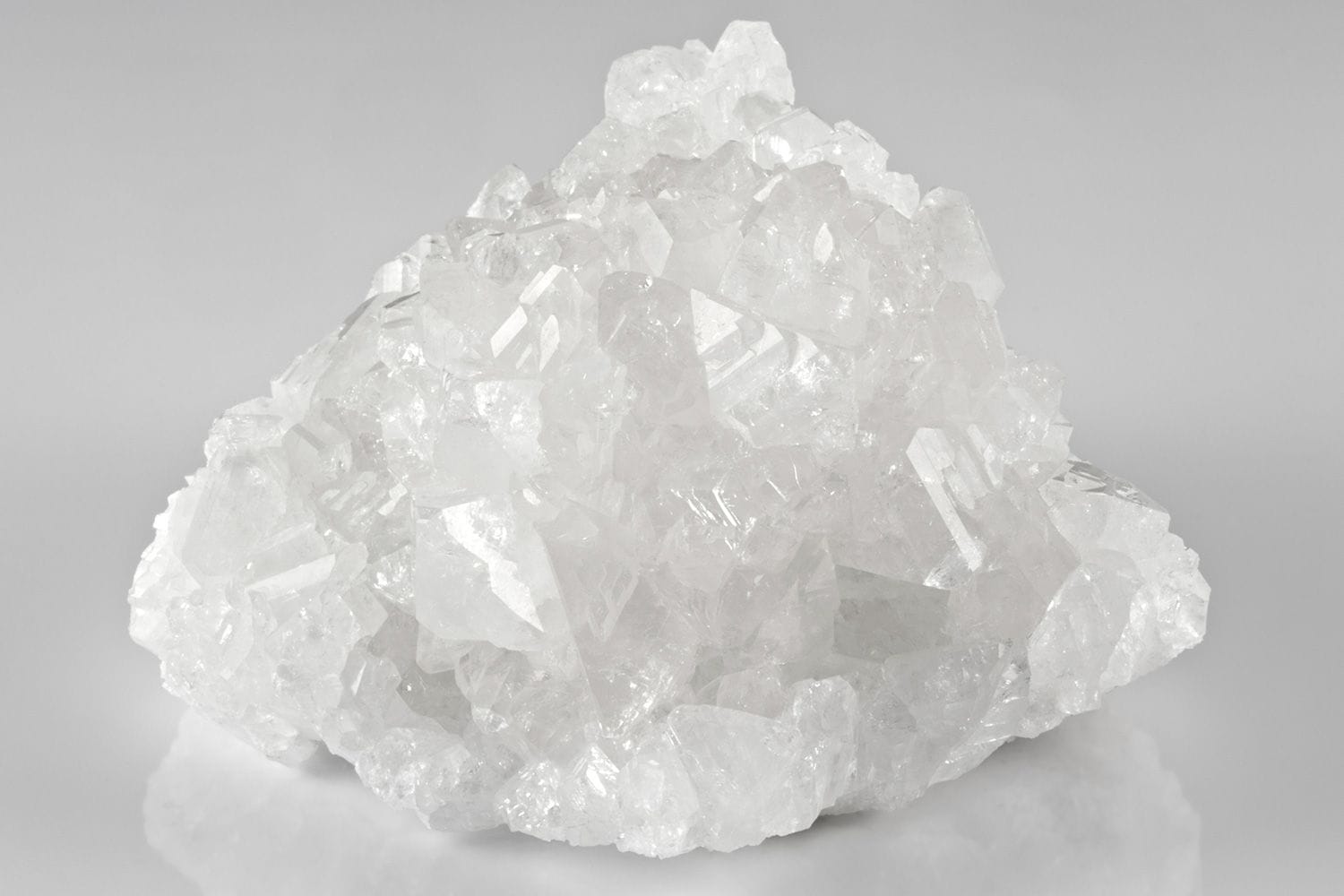
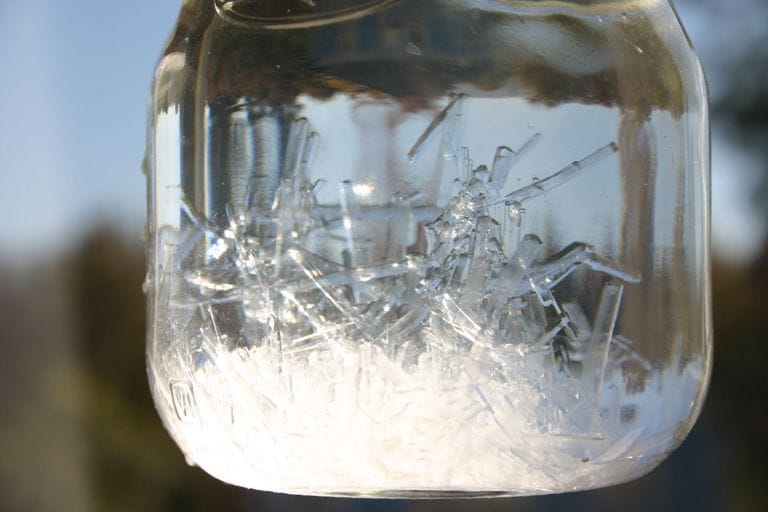
Crystals grown from Borax (left) and Magnesium Sulfate (right)
Whenever I do lab the instructions are simple:
- Draw what you see as clearly as you can, spending most of your time looking at the subject
- Write down what captures your attention
- Come up with questions that can be used to devise a follow up lab
Even the student least interested in science discovers something that they find interesting when they spend a lot of time looking at something unusual. This can be done from ages 5 - 95! As a bonus I don't need to come up with too many labs because the students come up with what they want to observe as a follow up!
The biggest challenge for students is believing that there is more to see than they immediately notice. We are all trained to believe that we see the totality of what we need within a second or two. And normally that is true; we don't need much more information than we can absorb in a few seconds. But the beautiful and interesting details don't present themselves to us until we spend several minutes observing.
That is fundamentally the job of any teacher; to help students learn to observe and clearly express the hidden beauty of the world that they observe.
I think part of the reason why more students tend to be drawn to the humanities is because humanities teachers are more in tune with focusing on paying attention to the details and the beauty of what they are reading.
Science sells itself as a discipline in terms of future benefits; the possibility of becoming a doctor or a researcher or curing cancer. These are worthwhile pursuits but if we can't get students to see the beauty of what they are observing then we won't get them to work through the intricacies and details because they won't be invested enough in the discipline to push through when the material gets tough.
Everyone would benefit from taking ten minutes or more to look at a plant. Not a picture of a plant but an actual plant. Ideally one that is out in nature. Every flower is as unique as every human. No two flowers of the same species are identical. Look at the flower for ten minutes and express what you notice.
Give this a shot:
Sketch a dandelion and write down as much as you can observe. This activity is excellent for explorers of all ages.
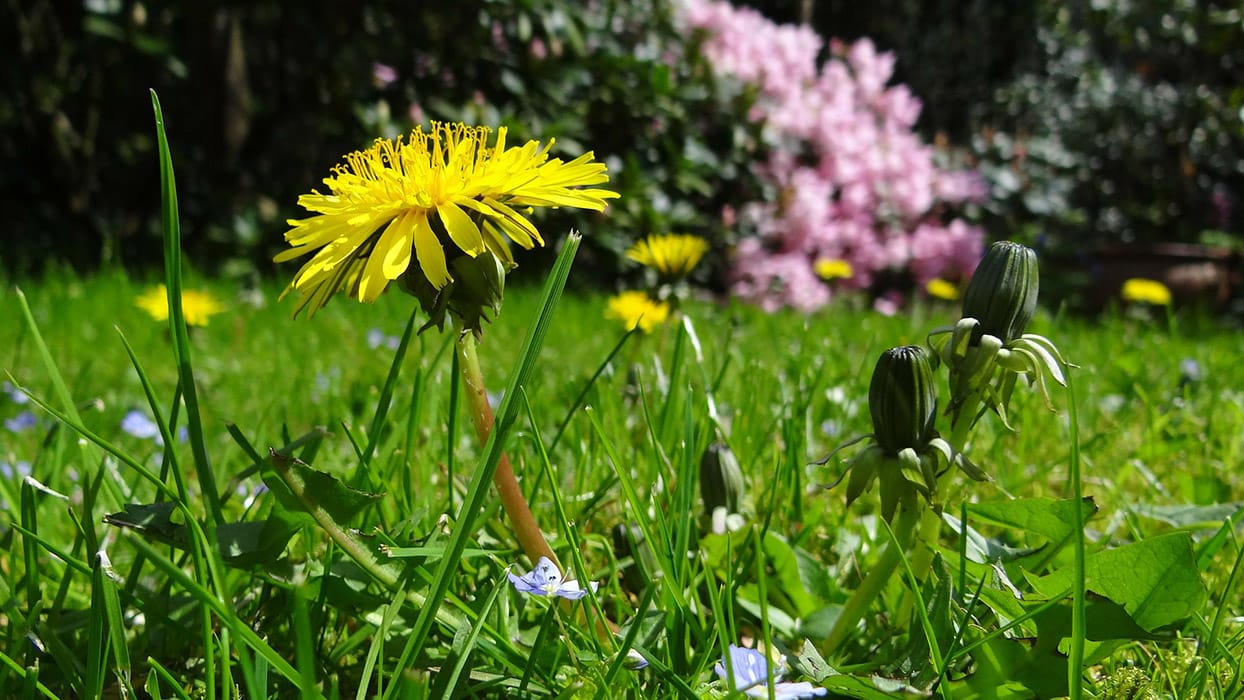

Out in the field or at home - still great!
If you spend fifteen minutes sketching and observing a dandelion you have engaged in high level science.
- What shapes do you see? Are all the petals the exact same shape?
- What colors do you notice? Are the leaves the same shade?
- Is the plant leaning?
- Is anything moving on the plant?
- What do you notice about the roots? What surprises you?
The more you can articulate the more you will notice. I have never failed to get students to have a eureka moment when they notice something that their brains did not let them see. It is honestly the favorite part of my day when a kid says "oh wow where did that come from?!"
The benefits of paying attention can't be overstated. I am almost never bored because I have learned how to pay attention to the world around me. Finding interesting hidden details makes every place interesting.
Please share this essay with any teacher friends or anyone that would find my thoughts to be of value!

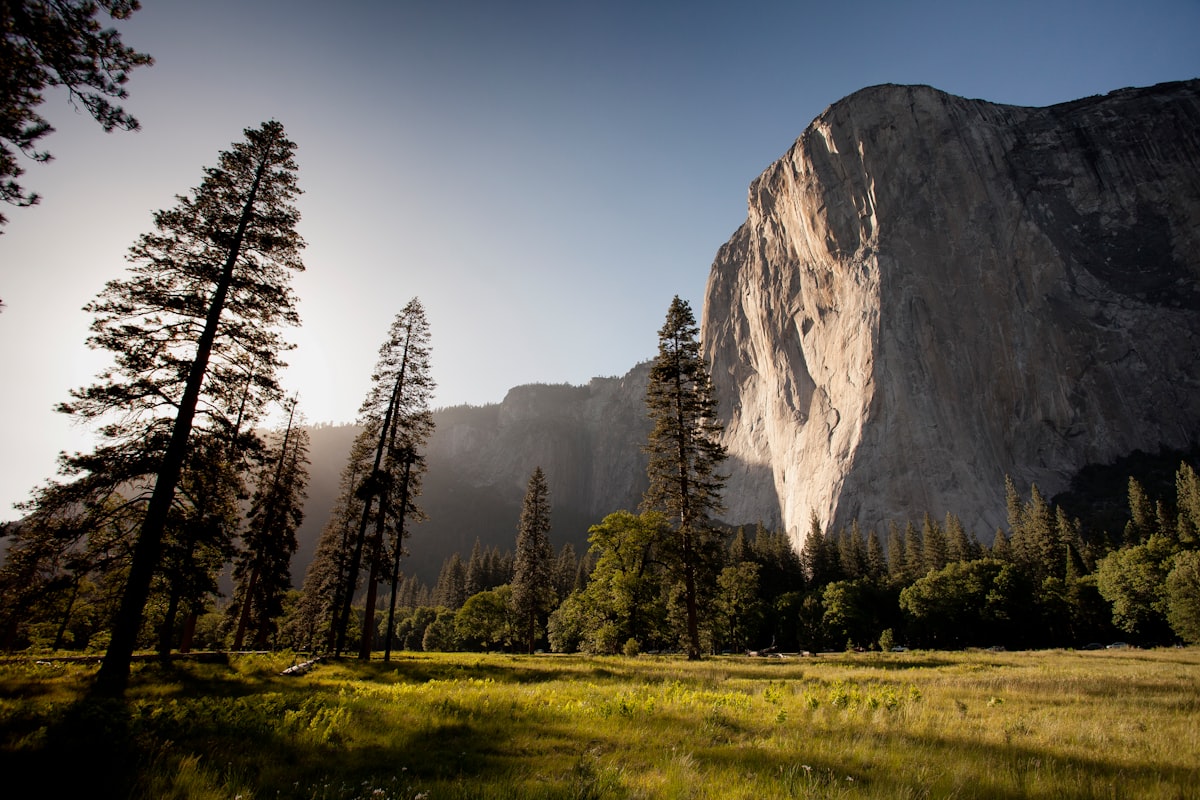

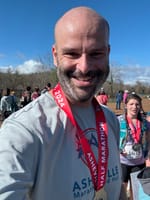
Member discussion: